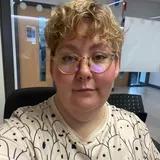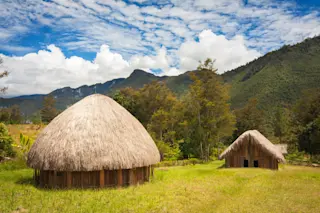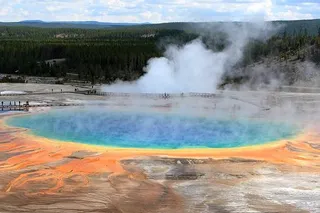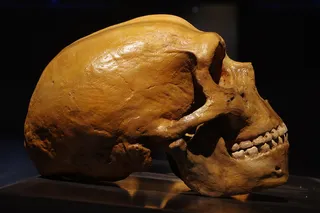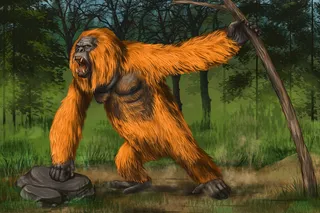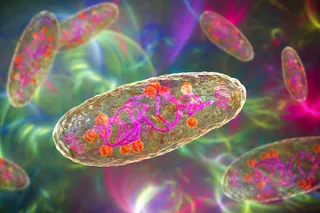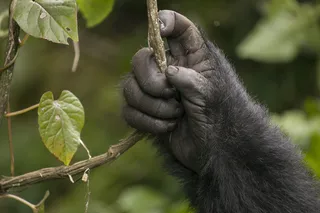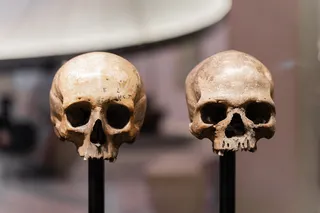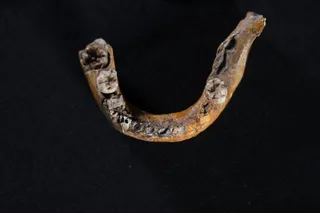An international team of researchers has unlocked ancient genomes (aDNA) from Papua New Guinea and the Bismarck Archipelago for the very first time. By combining aDNA, dietary evidence, and linguistics, the team has learned more about the migration of many ancient Pacific peoples, including the ancestors of the Māori.
A new study, published in Nature Ecology and Evolution, describes this use of aDNA as acting like a “time machine,” allowing us to travel back to the ancient past and recover surprising details about culture, history, and community.
“This groundbreaking research reveals something remarkable: Pacific Island cultures were far more diverse and complex than we ever imagined,” said Monica Tromp, from Southern Pacific Archaeological Research, in a press release. “Rather than being one unified group, these ancient communities represented a rich tapestry of different cultures and peoples.”
Read More: Ancient DNA Unlocks Missing Link in the Origin Story of Indo-European Language
...


